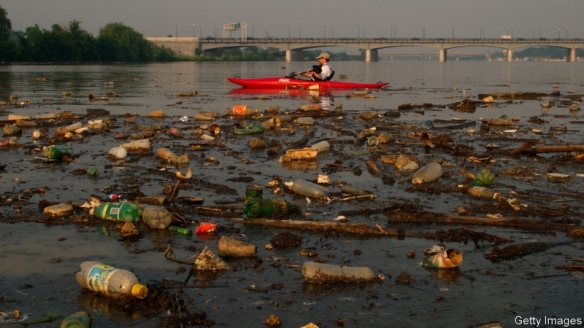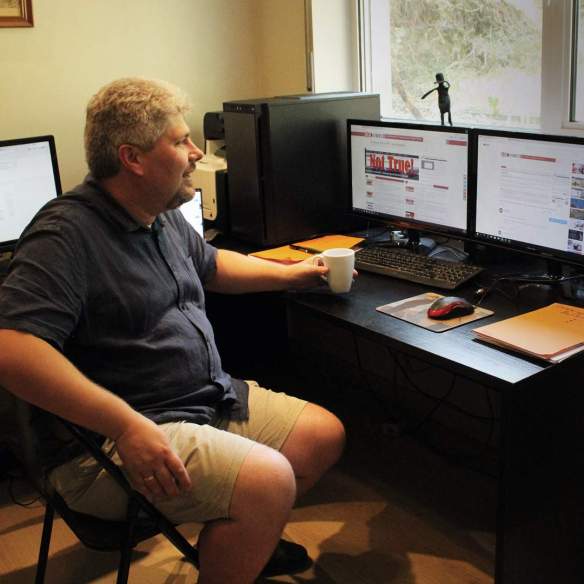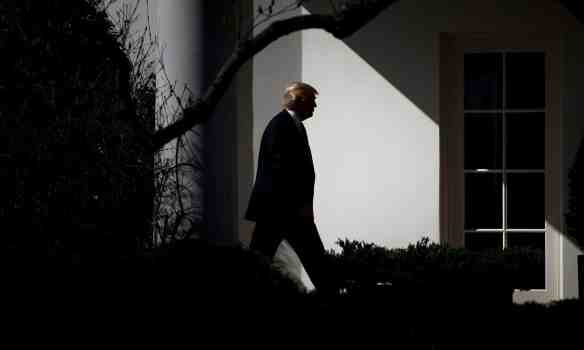They had spent years on the staff of Donald Trump’s golf club, winning employee-of-the-month awards and receiving glowing letters of recommendation.
Some were trusted enough to hold the keys to Eric Trump’s weekend home. They were experienced enough to know that, when Donald Trump ordered chicken wings, they were to serve him two orders on one plate.
But on Jan. 18, about a dozen employees at Trump National Golf Club in Westchester County, N.Y., were summoned, one by one, to talk with a human resources executive from Trump headquarters.
“I started to cry,” said Gabriel Sedano, a former maintenance worker from Mexico who was among those fired. He had worked at the club since 2005. “I told them they needed to consider us. I had worked almost 15 years for them in this club, and I’d given the best of myself to this job.”
“I’d never done anything wrong, only work and work,” he added. “They said they didn’t have any comments to make.”
During the meetings, they were fired because they are undocumented immigrants, according to interviews with the workers and their attorney. The fired workers are from Latin America.
The sudden firings — which were previously unreported — follow last year’s revelations of undocumented labor at a Trump club in New Jersey, where employees were subsequently dismissed. The firings show Trump’s business was relying on undocumented workers even as the president demanded a border wall to keep out such immigrants.
Trump’s demand for border wall funding led to the government shutdown that ended Friday after nearly 35 days.
In Westchester County, workers were told Trump’s company had just audited their immigration documents — the same ones they had submitted years earlier — and found them to be fake.
“Unfortunately, this means the club must end its employment relationship with you today,” the Trump executive said, according to a recording that one worker made of her firing.
Eric Trump did not respond to specific questions about how many undocumented workers had been fired at other Trump properties and whether the company had, in the past, made similar audits of its employees’ immigration paperwork. He also did not answer whether executives had previously been aware that they employed undocumented workers.
The firings highlight a stark tension between Trump’s public stance on immigration and the private conduct of Trump’s business.
In public, Trump has argued that undocumented immigrants have harmed American workers by driving down wages. That was part of why Trump demanded a border wall and contemplated declaring a national emergency to get it.
But, in Westchester County, Trump seems to have benefited from the same dynamic he denounces. His undocumented workers said they provided Trump with cheap labor. In return, they got steady work and few questions.
“They said absolutely nothing. They never said, ‘Your Social Security number is bad’ or ‘Something is wrong,’ ” said Margarita Cruz, a housekeeping employee from Mexico who was fired after eight years at the club. “Nothing. Nothing. Until right now.”
To document the firings at the golf club, The Washington Post spoke with 16 current and former workers at the club — which sits among ritzy homes in Briarcliff Manor, N.Y., 27 miles north of Manhattan. Post reporters met with former employees for hours of interviews in a cramped apartment in Ossining, N.Y., a hardscrabble town next door, whose chief landmark is the Sing Sing state prison.
Among those workers, six said they had been fired on Jan. 18. They and their attorney confirmed the other terminations.
Another worker said he was still employed at the club at the time of the purge despite the fact that his papers were fake. His reprieve did not last long, however. His attorney later said he was fired that night.
The workers brought pay stubs and employee awards and uniforms to back up their claims. They said they were going public because they felt discarded: After working so long for Trump’s company, they said they were fired with no warning and no severance.
Read the complete article here.













